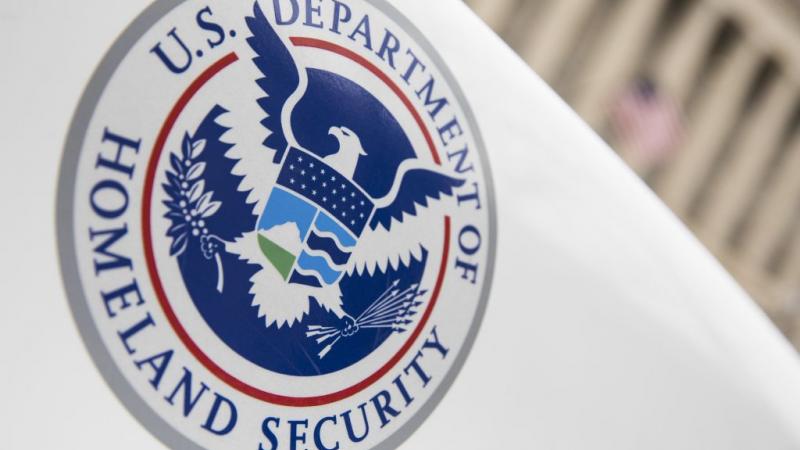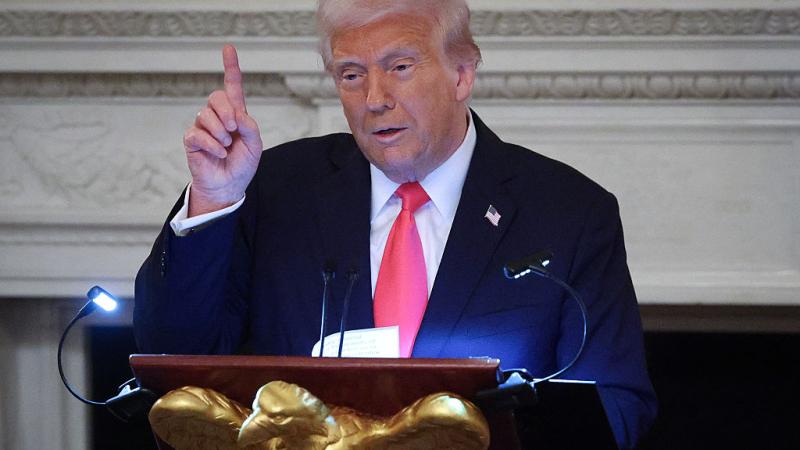Jury orders Chevron to pay $744M in landmark Louisiana coastal restoration case
Chevron argued the lawsuit was flawed, claiming that the activities in question were permitted, legal, and often conducted under federal direction – particularly those tied to national security during World War II.
(The Center Square) − In a historic decision with sweeping implications for Louisiana's energy sector and environmental restoration efforts, a jury in lower Plaquemines Parish on Friday ordered Chevron to pay $744 million in damages for its role in the degradation of the state's coastal wetlands.
The verdict marks the conclusion of the first trial among 42 lawsuits filed since 2013 by parishes across coastal Louisiana. The lawsuits allege that decades of oil and gas activity – primarily canal dredging and other infrastructure work –violated state permitting laws and accelerated the state's catastrophic land loss.
The case, Plaquemines Parish v. Chevron USA, Inc., is the first of its kind to go before a jury. Chevron was sued as the successor to Texaco, whose operations in the parish date back decades.
"This is about responsibility," said lead parish attorney John Carmouche. "If somebody causes harm, fix it."
Chevron argued the lawsuit was flawed, claiming that the activities in question were permitted, legal, and often conducted under federal direction – particularly those tied to national security during World War II.
The company also sought to move the case to federal court, a request repeatedly denied over the years, with the U.S. 5th Circuit Court of Appeals affirming its place in state court in 2022.
Plaquemines Parish sought nearly $3 billion in damages. Environmental advocates and plaintiffs' attorneys say the ruling could open the door to billions more in damages across the remaining lawsuits.
The verdict drew sharp criticism from Louisiana's oil and gas industry and its allies, who warned the ruling could have dire consequences for the state's economy.
"This is a shortsighted, flawed verdict that has the potential to sacrifice tens of thousands of jobs at the altar of Louisiana's trial lawyer economy," said Marc Ehrhardt, executive director of the Grow Louisiana Coalition. "With this verdict, Louisiana will be branded as a state that will extort the most recognizable companies on earth for billions of dollars, decades later."
Daniel Erspamer, CEO of the free market Pelican Institute for Public Policy, called the decision a "setback for the new administration and the thousands of Louisiana families who depend on a strong energy sector."
"For more than a decade, coastal lawsuits like this one have unfairly targeted energy producers for activities that were lawfully conducted decades ago," Erspamer said. "There is little doubt that, if left to stand, this chilling precedent would further undermine legal certainty and deter future investment in our state."
Both groups argued that the decision sends a negative signal to businesses about Louisiana's legal climate and economic stability.
Environmental and legal experts say the verdict could be a turning point in Louisiana's long-running struggle to address coastal erosion — one of the fastest rates in the world. State officials estimate the coast loses the equivalent of a football field of land every 100 minutes.
Supporters of the lawsuit say oil and gas companies cut more than 10,000 miles of canals through wetlands — damage that was never properly repaired or mitigated.
"Coastal communities have been demanding accountability for decades," said an environmental advocate familiar with the litigation. "This ruling shows that the courts are finally listening."
Chevron is expected to appeal the decision.















